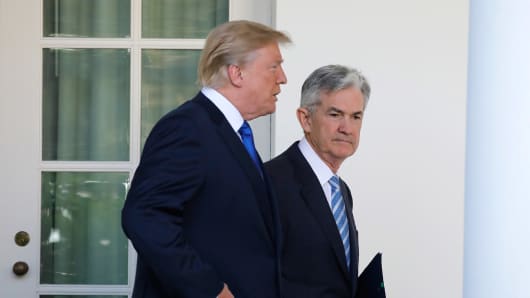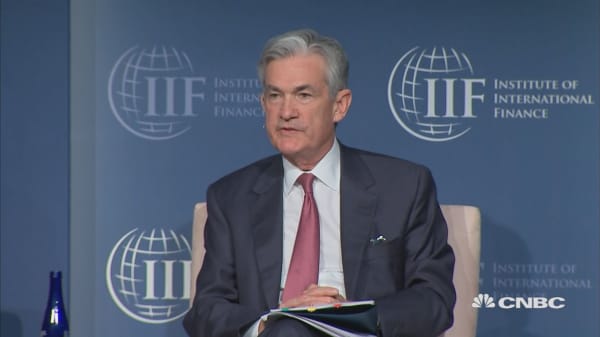Jerome Powell is trained as a lawyer. His undergraduate work was in politics. Although he brings to the job valuable experience in private sector finance with stints at Dillon, Read and Company, Bankers Trust, and The Carlyle Group, and served in the U.S. Treasury for Domestic Finance, he is still not nearly as qualified for the position as his predecessor, Yellen.
The country would benefit more from having a macroeconomist as chair of the Fed. Yellen, and her predecessor Ben Bernanke, spent their entire professional careers (and even their undergraduate work) studying, researching, publishing, and teaching about the U.S. economy and macroeconomic activity in general. Both Yellen and Bernanke (the latter appointed by George W. Bush in 2006) spent their lives developing an understanding of how the U.S. economy works. Their understanding of the U.S. economy is founded upon basic – and well as intricate – analytical dimensions of the economy. Moreover, their analytical understandings are enhanced by firm grasps' of the data that describe the economy. One cannot say the same for Jerome Powell, based upon his background.
That said, two considerations come to mind for the new direction of the Fed. With less background in macroeconomic theory, Powell is likely to lean on the talents of other members of the board and the presidents of the Federal Reserve banks for consultation. Yellen looked for consensus in building monetary policy; Powell is likely to pursue that also.
Second, this appointment has strong political undertones. It is well known that many Republican members of Congress have been trying to put more restrictions on Fed behavior, and trying to influence Fed behavior more. Powell will likely reduce the degree of regulatory authority of the Fed. There may be more pressure by Congressional oversight to promote excessively accommodative monetary policy in the near term to meet the president's call for a greater growth rate. This is dangerous territory. The Fed has been accommodative for many years, but now knows that "normalization" of interest rates is appropriate. This could be delayed under Powell, which would not be healthy in the medium term for the economy.
The greatest risk the economy faces with a Fed chair that has not been steeped their whole professional life in macroeconomics can be conveyed by the following question: Will Powell be able to know when to take the appropriate policy risks for the sake of the economy? The last non-economist to run the Fed, which was between 1977-1979, was G. William Miller, a former business CEO. The disastrous leadership accelerated inflation by excessively expansionary monetary policy and led to his firing after 18 months.
I hope history does not repeat itself.
Commentary by Jeffrey Bergstrand, former Federal Reserve economist, finance professor and concurrent economics professor at the University of Notre Dame.
For more insight from CNBC contributors, follow @CNBCopinion on Twitter.




